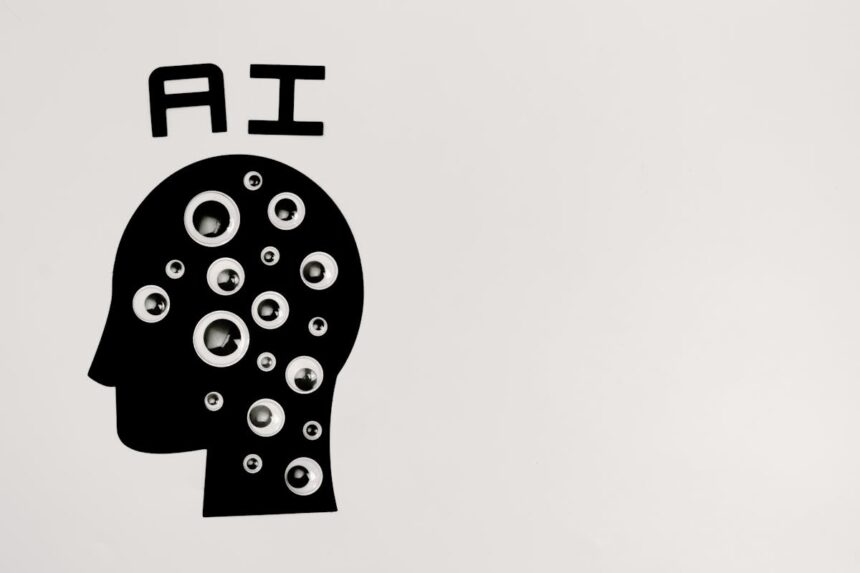Artificial intelligence (AI) has become a pivotal force in the field of medical imaging, revolutionizing how radiologists and clinicians diagnose and treat various medical conditions. By leveraging advanced algorithms and machine learning techniques, AI enhances the accuracy, efficiency, and accessibility of medical imaging, leading to improved patient outcomes.
Also Read :- Understanding Mental Health
Enhancing Diagnostic Accuracy
One of the most significant contributions of AI in medical imaging is its ability to enhance diagnostic accuracy. Traditional imaging techniques often rely on the expertise of radiologists to interpret complex images, which can be subject to human error. AI algorithms, however, can analyze vast amounts of imaging data with precision, identifying patterns and anomalies that might be missed by the human eye.
Deep learning models are particularly effective in this regard. These models are trained on large datasets of medical images, learning to recognize specific features associated with various conditions. For example, AI can differentiate between benign and malignant tumors in mammograms with high accuracy, aiding in the early detection of breast cancer. Similarly, AI algorithms can analyze lung CT scans to identify early signs of lung diseases, such as pneumonia or cancer, facilitating timely intervention.
Streamlining Workflow and Reducing Workload

AI in medical imaging also streamlines workflow and reduces the workload for radiologists. The increasing volume of medical imaging studies has placed a significant burden on radiology departments, leading to potential delays in diagnosis and treatment. AI-powered tools can assist by automating routine tasks, allowing radiologists to focus on more complex cases.
Automated image analysis and prioritization systems are examples of such tools. Automated analysis can pre-screen images, flagging those that require urgent attention and ensuring that critical cases are prioritized. This not only speeds up the diagnostic process but also reduces the likelihood of human error due to fatigue or high workload.
Moreover, AI can generate preliminary reports, highlighting key findings and measurements. Radiologists can then review and validate these reports, saving time and improving efficiency. This collaborative approach between AI and human expertise enhances overall productivity and ensures high-quality patient care.
Personalized Treatment Plans
AI’s role in medical imaging extends beyond diagnosis to the development of personalized treatment plans. By integrating imaging data with other patient information, such as genetic profiles and medical histories, AI can provide insights into the most effective treatment strategies for individual patients.
Radiomics is a burgeoning field that exemplifies this integration. Radiomics involves extracting quantitative features from medical images that can predict disease progression and response to treatment. AI algorithms analyze these features to identify patterns and correlations that inform personalized treatment decisions.
For instance, in oncology, AI can help determine the most suitable therapy for a cancer patient based on the tumor’s characteristics and the patient’s genetic makeup. This personalized approach increases the likelihood of successful treatment outcomes and minimizes adverse effects.
Future Prospects and Challenges
The future of AI in medical imaging is promising, with ongoing advancements poised to further revolutionize the field. Innovations such as AI-powered imaging devices, enhanced data integration, and improved interpretability of AI models are expected to drive the next wave of progress.
AI-powered imaging devices, equipped with real-time analysis capabilities, can provide instant feedback during procedures, enhancing precision and safety. Enhanced data integration will allow for more comprehensive analyses, combining imaging data with clinical, genomic, and other data sources to provide holistic insights into patient health.
However, several challenges need to be addressed to fully realize the potential of AI in medical imaging. Ensuring the robustness and generalizability of AI models across diverse patient populations is crucial. Additionally, issues related to data privacy, security, and ethical considerations must be carefully managed to maintain patient trust and compliance with regulatory standards.
Also Read :- Navigating the Cosmos to Uncover the Mysteries of the Universe
AI is transforming medical imaging, offering unprecedented improvements in diagnostic accuracy, workflow efficiency, and personalized treatment. As technology continues to evolve, the integration of AI in medical imaging will undoubtedly lead to more precise, efficient, and personalized healthcare, ultimately enhancing patient outcomes and revolutionizing the field of radiology.
Also Read :- Apple’s iPhone Revolution Takes a Green Turn with Sustainable Materials






